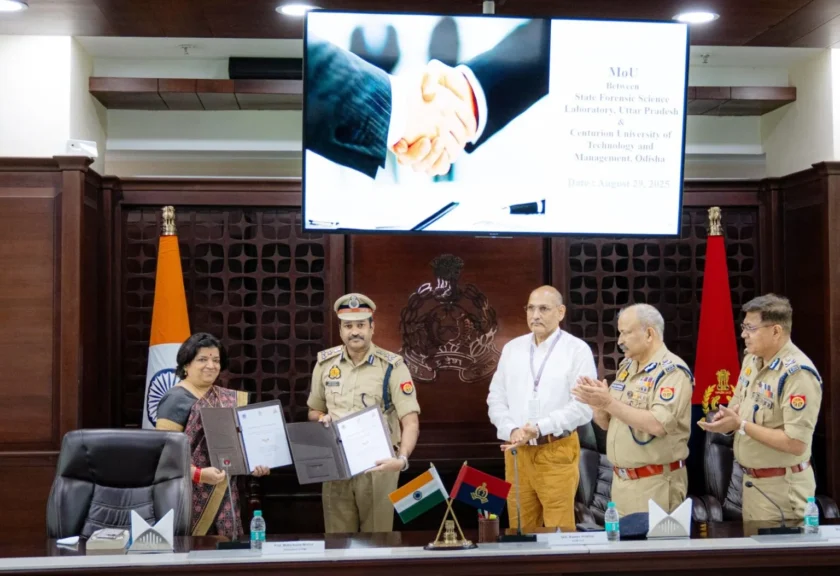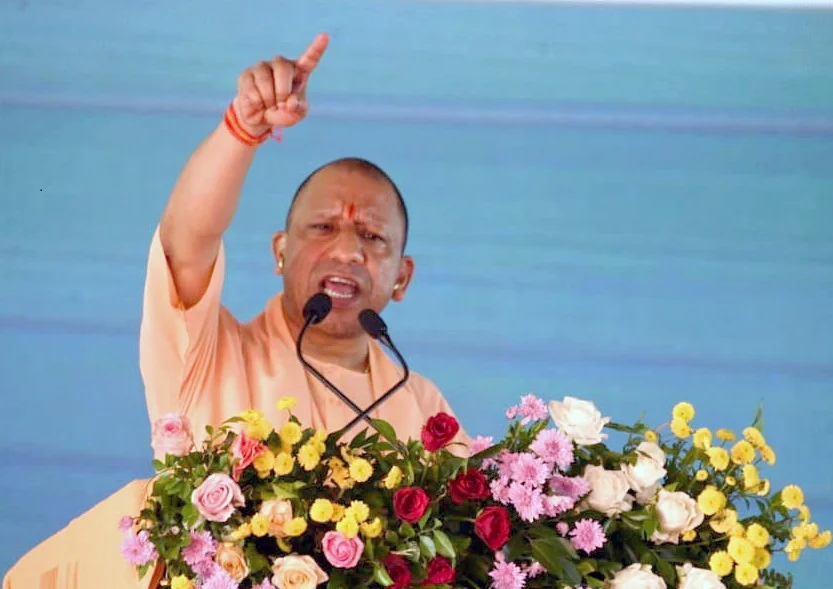Lucknow— In a landmark move to decentralize critical healthcare services, the Yogi Adityanath-led Uttar Pradesh government has operationalized Intensive Care Units (ICUs) in 40 district hospitals, enabling over 2,100 critically ill patients to receive timely treatment in their home districts — without the need to rush to Delhi or Lucknow.
This initiative, launched nearly a year and a half ago, is easing economic and emotional burdens on families and marks a major shift in the state’s public healthcare infrastructure.
Decentralized Healthcare, Real Impact
Until recently, many district hospitals had the physical structure for ICUs but lacked trained staff and operational expertise, forcing patients to travel to metro cities for life-saving care. Recognizing this gap, the Yogi government launched an intensive training programme for doctors and nurses, equipping them with essential skills in ventilator management, patient monitoring, and infection control.

The training is spearheaded by Dr. Anshul Jain of Maharani Laxmi Bai Medical College, Jhansi, under the CARE-UP (Critical Care Advancement and Readiness Enhancement) programme.
Active ICU Coverage Across the State
Currently, fully functional ICUs are operational not only in Lucknow’s key hospitals (Balrampur, Civil, LBS, Lohia, and RSM) but also in districts like Ayodhya, Barabanki, Gorakhpur, Basti, Varanasi, Prayagraj, Kanpur, and Mau.
Western districts like Meerut, Ghaziabad, Muzaffarnagar, Agra, Mathura, Firozabad, Aligarh, Bareilly, and others now have active ICU units delivering quality critical care locally.

Dr. Deepak Kumar Maurya, ICU in-charge at Lokbandhu Hospital, reported treating over 150 patients in a single month with the hospital’s 11-bed ICU. Similarly, Dr. Abhishek Singh at Civil Hospital credits the improved training and equipment for a noticeable increase in patient admissions and outcomes.
Training, Technology and a New Manual
To ensure consistency and scalability, the state is conducting cyclical training for healthcare workers. As part of this initiative, ‘Critical Care Refresher Manual’, edited by Dr. Jain and co-authored by 36 specialists from UP and Delhi, was officially launched by Principal Secretary Parth Sarathi Sen Sharma. The book serves as a practical guide for new ICU professionals.
Cutting Costs, Saving Lives
Sen Sharma highlighted how the initiative has not only reduced financial stress on families but also strengthened local healthcare delivery, especially in previously underserved districts. The goal is to activate ICUs in all district hospitals by year-end, ensuring comprehensive critical care across the state.
The Yogi government’s ICU rollout is being seen as a model for healthcare decentralization — bridging the rural-urban medical divide and ensuring life-saving care is no longer a privilege of the metros.





